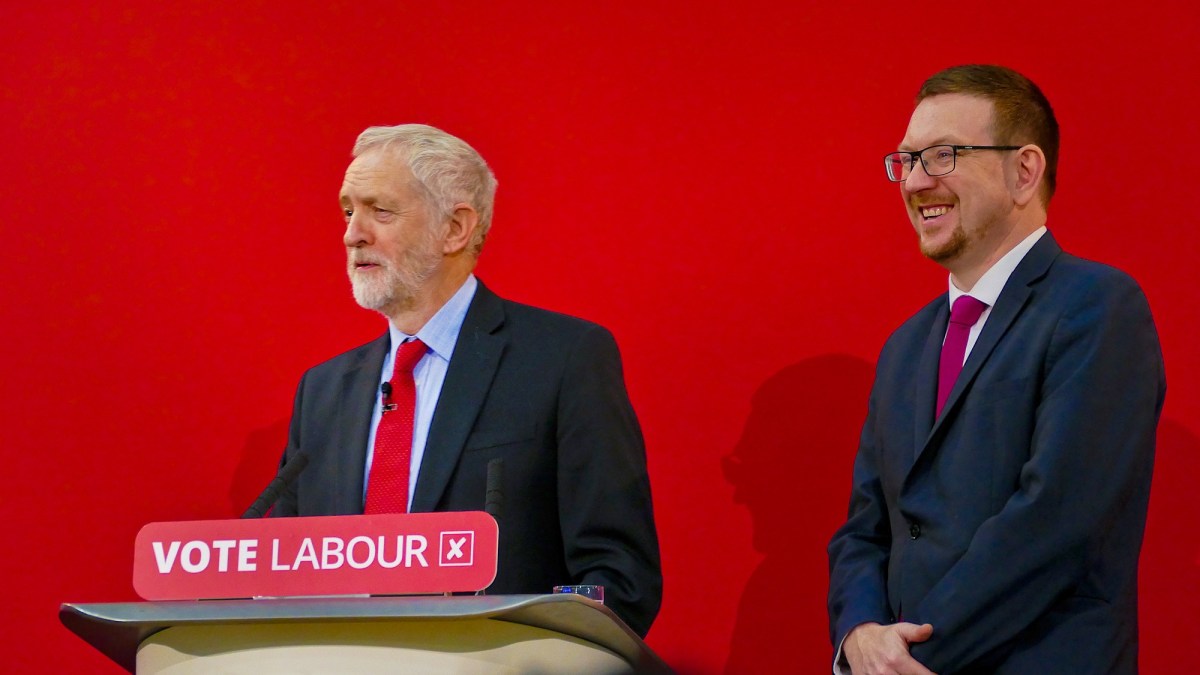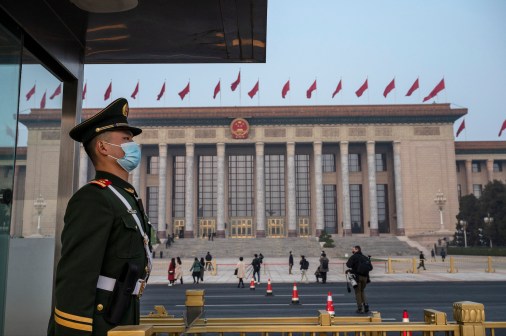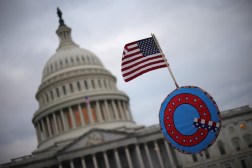UK ‘almost certain’ that 2019 election was target of Russian disinformation operation

British officials expressed confidence that Russian operatives tried to interfere in the U.K.’s most recent general election by using social media to promote documents that were stolen and leaked from the government.
Dominic Raab, the U.K.’s Secretary of State for Foreign and Commonwealth Affairs, said in a statement Thursday that “it is almost certain that Russian actors” aimed to intervene in the 2019 election in which Boris Johnson defeated Jeremy Corbyn in the race for prime minister. The campaign utilized “illicitly acquired” government documents about the U.K.-U.S. Free Trade Agreement, which were posted on Reddit and promoted elsewhere in an apparent attempt to influence potential voters’ opinions.
“There is an ongoing criminal investigation and it would be inappropriate for us to say anything further at this point,” Raab said in a statement. “The Government reserves the right to respond with appropriate measures in the future.”
The attribution is a reference to Operation Secondary Infektion, a sweeping Russian disinformation campaign that has targeted rivals of the Kremlin on a range of sensitive diplomatic issues. The U.K. has not officially blamed the Russian government for the attacks.
Classified documents about government discussions about the U.K.’s National Health Service surfaced online on Oct. 21, 2019 in an apparent leak of trade discussions between British and American officials. By the next month, the opposition Labour Party was citing the documents to claim that the ruling Conservatives were planning to give up aspects of the NHS, Reuters reported at the time.
The apparent disclosure originated with a series of posts on Germany-registered websites and the discussion site Reddit. Within days, a Twitter account had started tweeting English-language links to the sites at British politicians in an attempt to magnify the effort. The operation reached politicians, and made international headlines, only after unknown entities emailed links to British activists.
The New York-based social media analysis firm Graphika tied the online dissemination to Operation Secondary Infektion, a long-running campaign that has involved more than 300 websites and social media platforms. The operation “almost invariably used forgeries,” though the trade discussions were an exception to that rule, Graphika’s director of investigations Ben Nimmo said in a tweet Thursday.
Secondary Infektion has spread at least 2,500 pieces of content in seven languages, mostly by relying on single-use accounts set up to spread messaging, Graphika said. Other information operations aimed to inflame European political divisions, to demonstrate Ukraine as a failed state, to portray U.S. and allied political actions are overly aggressive and to insult Russian government critics like Alekei Navalny.
Researchers have detected a number of similar propaganda campaigns in the months since, including the use of forged diplomatic emails impersonating U.S. lawmakers.
The U.K.’s statement comes one day after Yahoo News reported that the CIA also has obtained a presidential authorization to conduct its own hack-and-leak operations as the boundaries in the global information war continue to blur.




